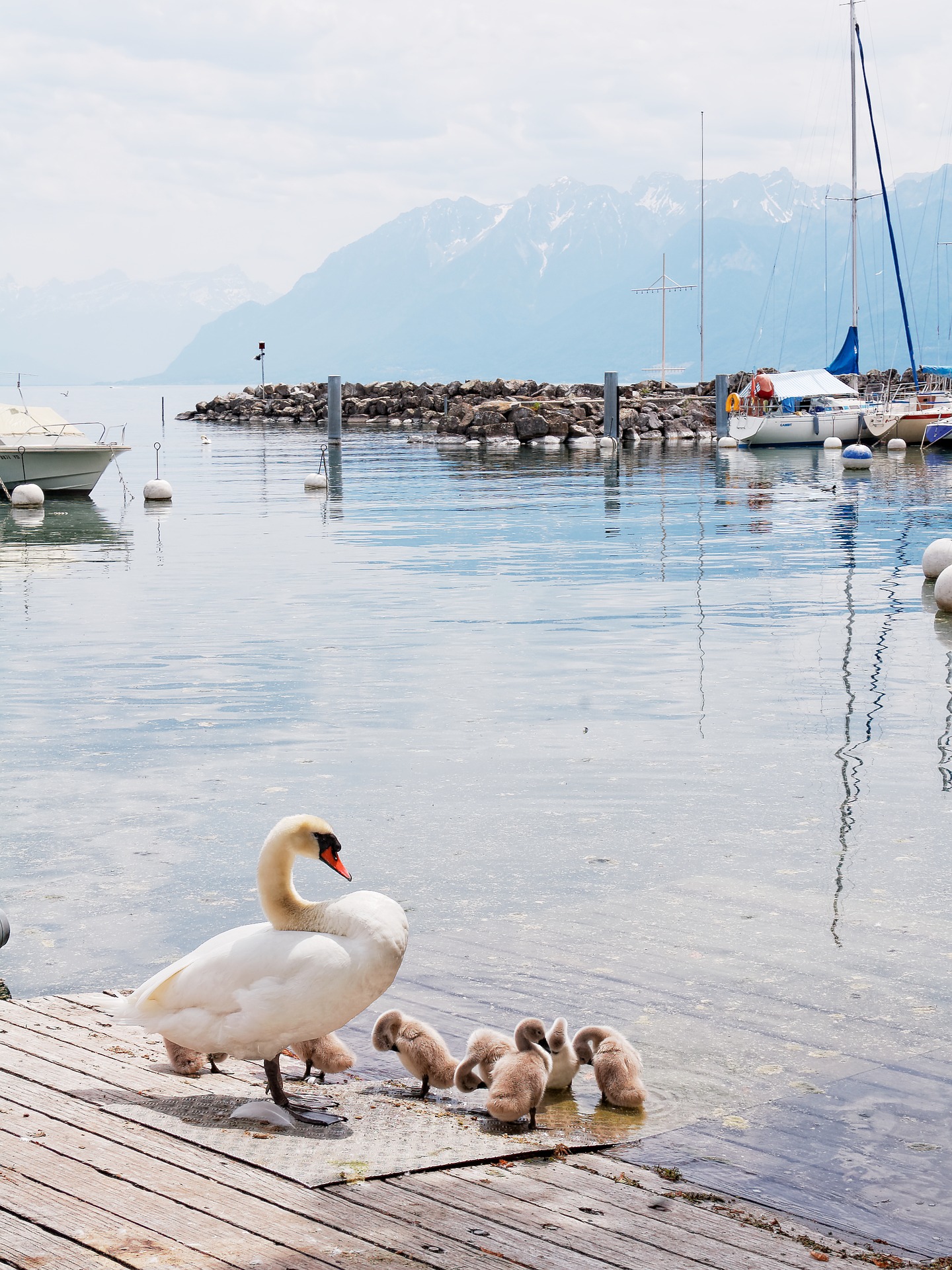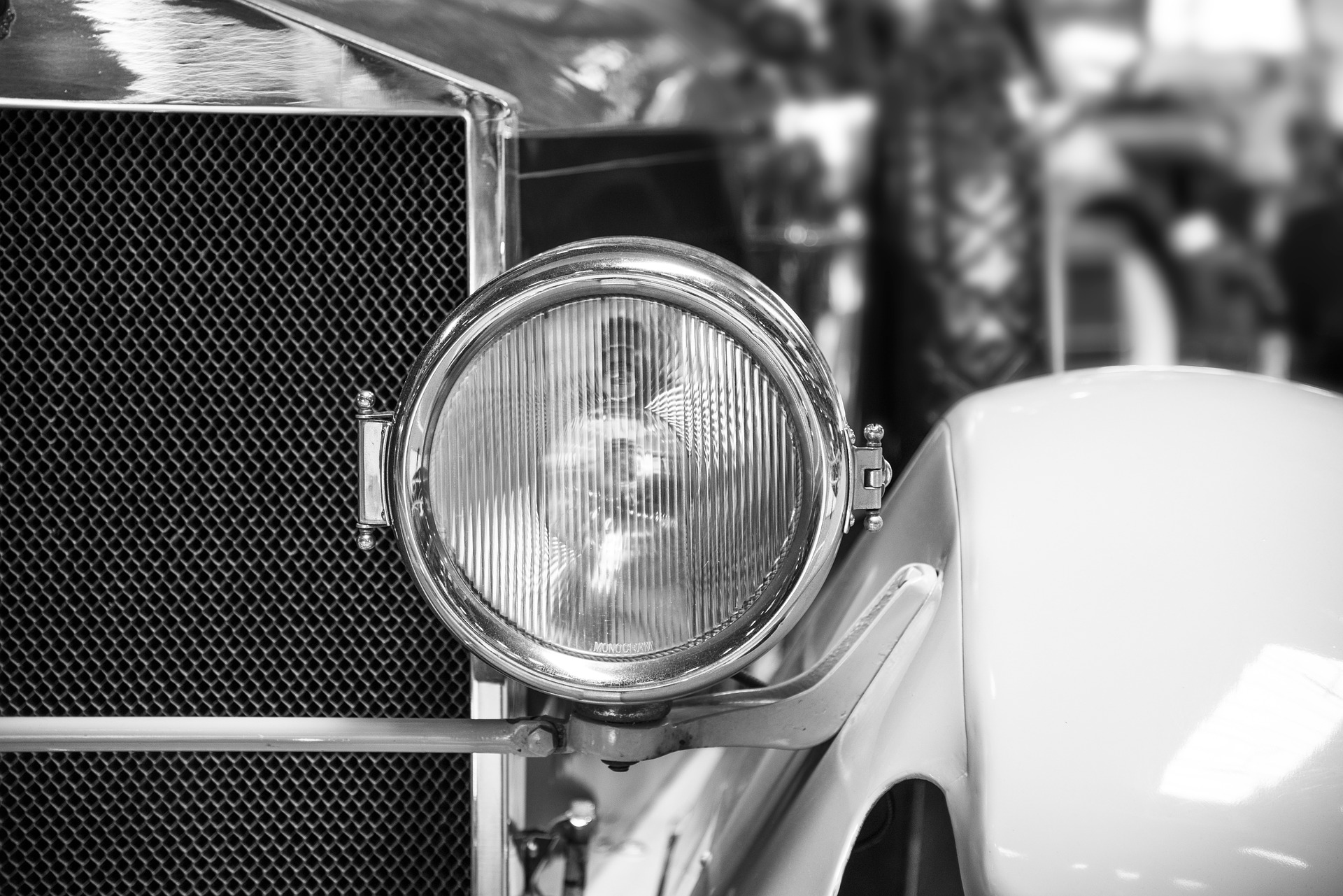The mob, driven away from the Custom House, had broken up into several bands, retreating across the plain in the direction of the town. The subdued crash of irregular volleys fired in the distance was answered by faint yells far away. In the intervals the single shots rang feebly, and the low, long, white building blinded in every window seemed to be the centre of a turmoil widening in a great circle about its closed-up silence. But the cautious movements and whispers of a routed party seeking a momentary shelter behind the wall made the darkness of the room, striped by threads of quiet sunlight, alight with evil, stealthy sounds. The Violas had them in their ears as though invisible ghosts hovering about their chairs had consulted in mutters as to the advisability of setting fire to this foreigner’s casa.
It was trying to the nerves. Old Viola had risen slowly, gun in hand, irresolute, for he did not see how he could prevent them. Already voices could be heard talking at the back. Signora Teresa was beside herself with terror.
“Ah! the traitor! the traitor!” she mumbled, almost inaudibly. “Now we are going to be burnt; and I bent my knee to him. No! he must run at the heels of his English.”
She seemed to think that Nostromo’s mere presence in the house would have made it perfectly safe. So far, she, too, was under the spell of that reputation the Capataz de Cargadores had made for himself by the waterside, along the railway line, with the English and with the populace of Sulaco. To his face, and even against her husband, she invariably affected to laugh it to scorn, sometimes good-naturedly, more often with a curious bitterness. But then women are unreasonable in their opinions, as Giorgio used to remark calmly on fitting occasions. On this occasion, with his gun held at ready before him, he stooped down to his wife’s head, and, keeping his eyes steadfastly on the barricaded door, he breathed out into her ear that Nostromo would have been powerless to help. What could two men shut up in a house do against twenty or more bent upon setting fire to the roof? Gian’ Battista was thinking of the casa all the time, he was sure.
“He think of the casa! He!” gasped Signora Viola, crazily. She struck her breast with her open hands. “I know him. He thinks of nobody but himself.”


